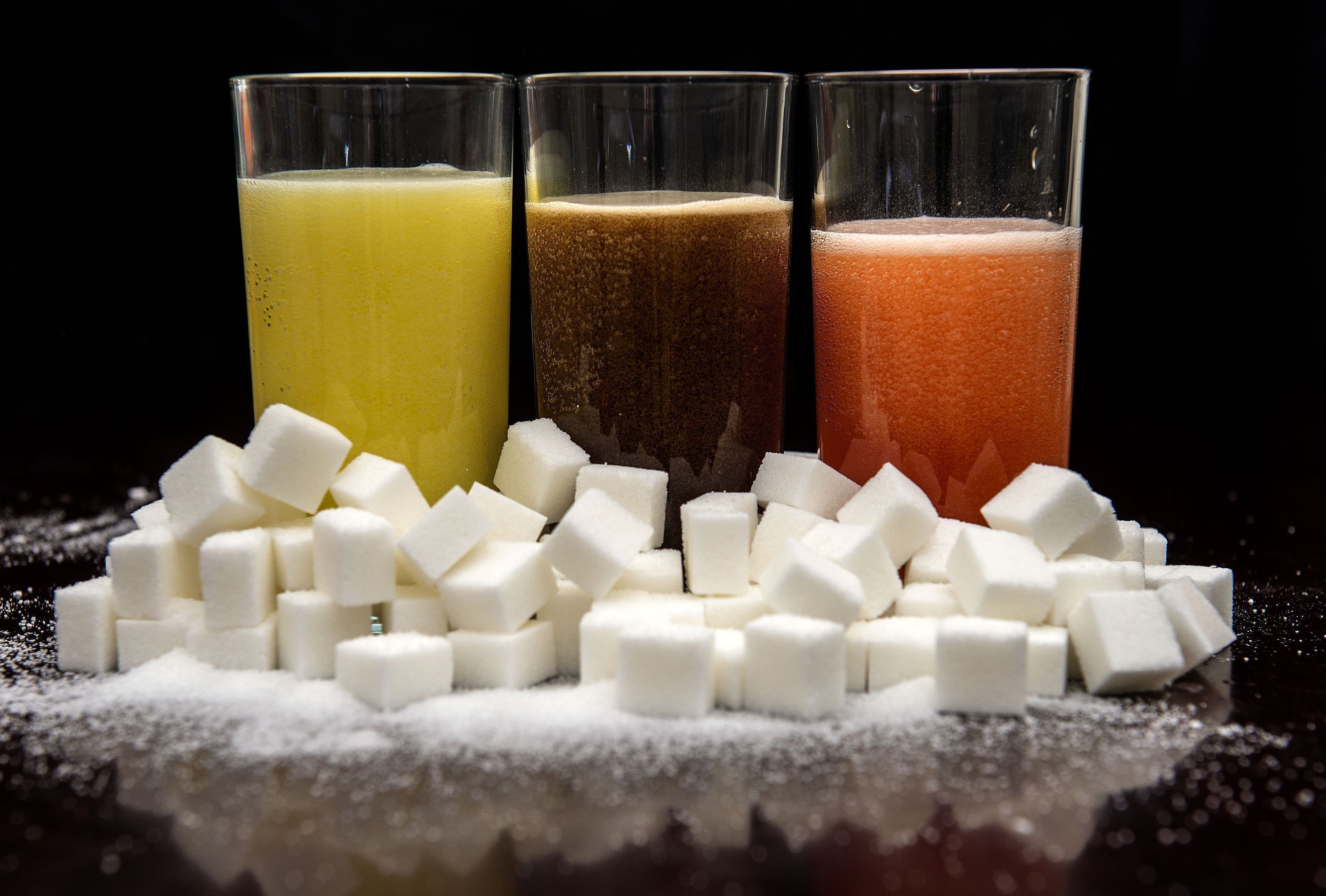
The figures will increase pressure on the Government over its strategy on childhood obesity, which is due to be published in the next few weeks.
Cancer Research UK and the UK Health Forum calculated that a 20% tax on sugary drinks could reduce obesity rates in the UK by 5% by 2025.
This is equal to 3.7 million fewer obese people – the combined populations of Birmingham, Leeds, Sheffield, Manchester, Bristol and Leicester.
The report also predicts that a sugar tax could save the NHS about £10 million in healthcare and social care costs in 2025 alone.
Several charities and high-profile campaigners, including celebrity chef Jamie Oliver, are calling for a sugar tax as part of a range of measures to cut obesity and the amount of sugar in children’s diets.
Alison Cox, Cancer Research UK’s director of cancer prevention, said: “The ripple effect of a small tax on sugary drinks is enormous. These numbers make it clear why we need to act now before obesity becomes an even greater problem.
“There are a lot of things working against us when it comes to making healthier choices. We’re all bombarded by junk food advertising of cheap foods packed with extra calories and it can be tough for parents to do what’s best for their children.
“The Government has a chance to help reduce the amount of sugar consumed by adults and children and to give future generations the best chance of a healthier life.”
Being overweight or obese can lead to many health problems, including cancer, Type 2 diabetes, heart disease and stroke.
Cancer Research UK is calling for a tax on sugary drinks, a ban on junk food adverts on TV before the 9pm watershed, and new targets for reducing the amount of fat and sugar in food.
Jane Landon, deputy chief executive of the UK Health Forum, said: “Countries which have introduced a tax on sugary drinks have not only reduced consumption, they have raised much-needed revenues for public health measures.
“These figures indicate that even a modest tax at 20% – as part of a society-wide response – could help to deliver the scale and pace of change needed to turn around the UK’s crisis of obesity-related ill-health.”
Earlier this month, a Cancer Research UK poll found that three-quarters of adults supported a ban on junk food advertising before the 9pm TV watershed.
Some 74% would back a ban while 55% also wanted a tax on sugary drinks.
Current estimates for school-age children are that 14.7% of their calorie intake is made up of sugar.
The main sources of sugar include soft drinks, table sugar, confectionery, fruit juice, biscuits, buns, cakes, pastries and puddings and breakfast cereals.
Soft drinks (excluding fruit juice) are the largest single source of sugar for children aged 11 to 18. They provide 29% of daily sugar intake, on average, for this age group.
A third of 10 to 11-year-olds and more than a fifth of four to five-year-olds in England are overweight or obese.
READ MORE
High Street coffees contain ‘shocking’ levels of sugar – more than fizzy drinks
Youngsters chewing sugar-free gum ‘could save £8.2 million’ in dental treatments

Enjoy the convenience of having The Sunday Post delivered as a digital ePaper straight to your smartphone, tablet or computer.
Subscribe for only £5.49 a month and enjoy all the benefits of the printed paper as a digital replica.
Subscribe